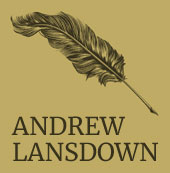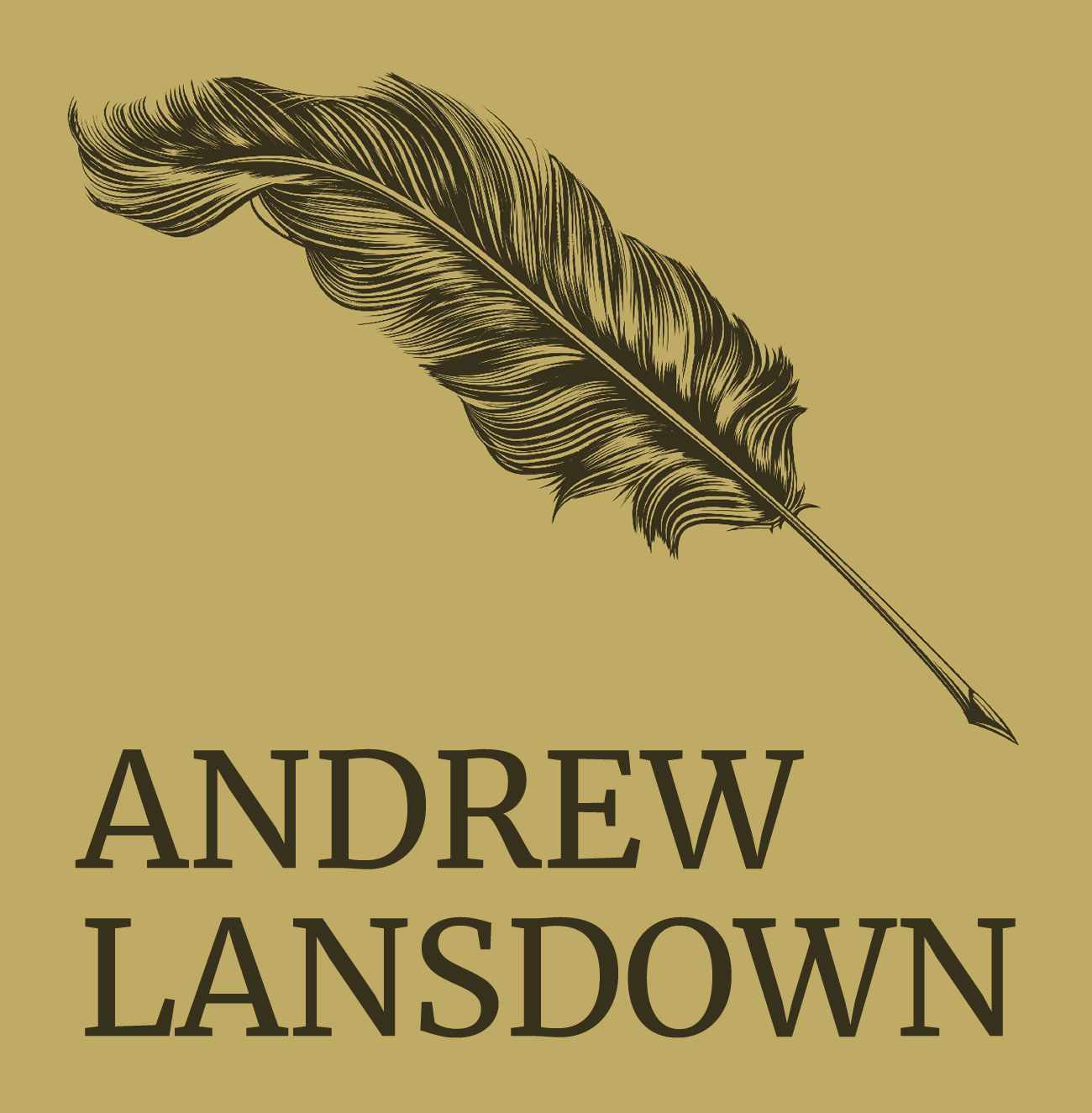Andrew has published 15 collections of poetry, 2 collections of poetry and photography, 2 collections of children’s poetry and 10 poetry chapbooks.
Click on a book cover or title to view publication details, reviews and sample poems.
Go to BUY BOOKS page to purchase any of these titles.
Further down the page, see critical comments on Andrew’s poetry by eminent Australian poets/reviewers, including Les Murray, Geoff Page, Rod Moran, Norman Talbot …
POETRY BOOKS
 |
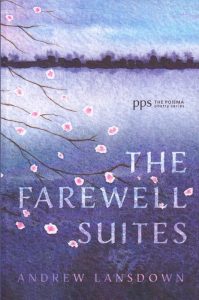 |
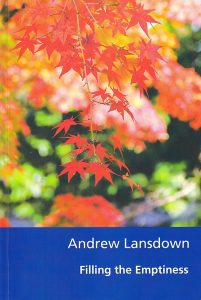 |
| Abundance: New & Selected Poems, 2020 | The Farewell Suites, 2024 |
Filling the Emptiness, 2025 |
 |
 |
 |
| Kyoto Momiji Tanka, 2019 | Distillations of Different Lands, 2018 | Kyoto Sakura Tanka, 2016 |
 |
 |
 |
| Inadvertent Things, 2013 | Gestures of Love, 2013 | Two Poets, 2011 |
 |
 |
 |
| Birds in Mind, 2009 | Far from Home, 2010 | Fontanelle, 2004 |
 |
 |
 |
| Abiding Things, 1996 | Between Glances, 1993 | Grasshopper Heart, 1991 |
 |
 |
 |
| Waking & Always, 1987 | Waking & Always (2nd edition), 2007 |
Windfalls, 1984 |
 |
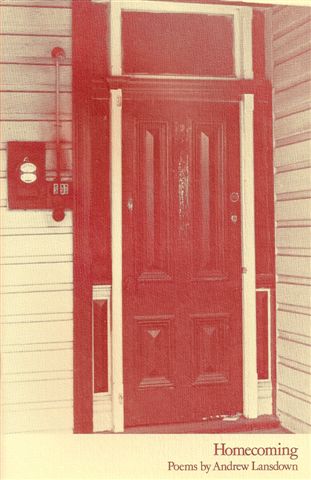 |
 |
| Counterpoise, 1982 | Homecoming, 1979 | Primary Loyalties, 1999 |
CHILDREN’S POETRY BOOKS
 |
 |
|
| Allsorts, 2011 | A Ball of Gold, 1980 |
POETRY CHAPBOOKS
 |
 |
 |
| Therefore, The Dreaming, 2017 | Triggerplants and other Triggerpoems, 2016 | The God of the Glimpses, 2015 |
 |
 |
 |
| Of Petals and Immortals, 2014 | Little Matters, 2009 | Consolations, 2009 |
 |
 |
 |
| Warrior Monk, 2005 | Communion, 2003 | Opulence, 2002 |
 |
||
| The Weight of the Baby |
Andrew’s poems have been published in numerous magazines, newspapers and anthologies. He has won various poetry awards, including the Western Australian Premier’s Award (twice) and the Adelaide Arts Festivals’ John Bray National Poetry award.
The Australian Broadcasting Corporation produced a 40 minute program on his poetry (focused on his book, Fontanelle) for its Poetica series on Radio National in June 2005.
Critics have said of Andrew’s poetry:
Many of Andrew Lansdown’s poems have the power to bless, to unsettle now with mysterious calm, now with the deep resonance of poetry. Of all Australian imagists, he is the one with the broadest and warmest human sympathy, and no one writes of family love with more tenderness then he. Nor does anyone write with more perceptive courage about the dark things that move behind idyll, or the bland merciless enemies of human happiness.
— Les Murray, back cover blurb, The Grasshopper Heart
Lansdown is able to suggest very deftly and concisely the so-called ‘thisness’ of things, especially things in nature …
Lansdown has a very sincere and direct way of handling poems about his immediate family which subtly suggests great tenderness without becoming sentimental …
— Geoff Page, A Reader’s Guide to Contemporary Australian Poetry
Lansdown is a past master at performing one of the chief tasks of a serious poet: to lift the veil of familiarity from the world, to have us see things anew, to re-encounter what we thought we had understood, and to take another look at what we might have consigned to the margins of our consciousness.
— Rod Moran, Fremantle Arts Review
Lansdown has learnt to work in virtually every syllabic or stanzaic form that suits this century’s major revolution, that of imagism. …
Andrew Lansdown is a generous soul. He is prepared to evoke virtually any element of the life around him.
— Norman Talbot, The Newcastle Herald
Lansdown uses words with masterly precision to paint things as we have not previously seen them, but as we may be tempted to see them henceforth. His approach to his material is confident and systematic. And beguiling. …
Sometimes the images are so acutely accurate they have us asking ‘Why didn’t we see that same similarity, that resonance?’
— Shane McCauley, Fremantle Arts Review
Lansdown’s poetry is a song of praise, an acknowledgement of a Maker, an expression of joy. Consequently his poetry is responsive and refreshing …
Essentially an imagist, Lansdown’s daring equations draw unexpected, but always telling, comparisons. He succeeds in convincing us because he is both inventive and a careful observer.
— Heather Cam, The Sydney Morning Herald
Andrew Lansdown has established a clear reputation as an imagist of high order in Australia. …
Many of the poems are short, operate by comparisons, by metaphor especially, and have the property of startling the reader into shifts of perception and deep emotion.
— Philip Salom, The West Australian
Consider this one on page seventy-nine [of Fontanelle]:
Rose
The day after I cut it
I notice the white rose
in the pottery vase
on my desk start to wilt.All day it has been
drooping lower and lower,
until now its small head
is hanging upside down,lolling loose-haired
against the shoulder
of the vase, as if given
entirely to sorrow.There is a gentle perfection and high degree of restraint in this poem. It asks us to slow down and listen and we do so because the voice we hear has authority. To me this poem exemplifies Lansdown at his best. Simple words and short sentences. Effortless similes that add up to a mood with which one can easily identify.
— Mark Mahemoff, JAS Review of Books
Filled with joy but always aware of an underlying darkness, there is nothing complacent in Lansdown’s vision.
— John Foulcher, Studio
No Australian poet is so often moved to celebrate as Andrew Lansdown is. His work brims with tenderness, wonder and joy, all qualities which are in short supply in the modern world of which he is an acute observer. Beneath his gaze common objects and every-day encounters glow with spiritual significance. Lansdown has few superiors as a technician …
— Les Murray, back cover blurb, Between Glances
The Oxford Companion to Twentieth-century Poetry in English
edited by Ian Hamilton
Publisher: Oxford University Press, USA (1994), 624 pp
LANSDOWN, Andrew (1954— ), was born in Pingelly, a small town south-east of Perth in Western Australia. He gained arts degrees from both the Western Australian Institute of Technology and the Murdoch University before becoming for a time a tutor in creative writing at the former institution, which later was renamed the Curtin University. Since then he has worked as an education officer in various prisons in Western Australia, a grim occupation which has done surprisingly little to affect his work.
Few Australian poets have been so prolific and consistent. At 37 he has already published six collections of verse, with a seventh ready for publication. From his first book Homecoming (Fremantle, 1979) he has adopted a Christian stance and, perhaps as a result, his work has been neglected and undervalued. A collection of poems for children, A Ball of Gold, was followed by Counterpoise (Sydney, 1982), Windfalls (Fremantle, 1984), Waking and Always (1987), The Grasshopper Heart (1991), and Horse with Lipstick (1992—all Sydney). Lansdown is a miniaturist, a poet attentive to the smallest details of nature, and to subtle domestic emotions. The effect of his work is cumulative, so that his poems can seem slight when considered separately; their style is precise and direct, and never ostentatious. Unusually for a poet of the late twentieth century, the mood in his poems is generally one of contentment or joy, causing fashion conscious readers to overlook his consistent technical excellence.
Jamie Grant
Click here to see more reviews of, and critical comments on, Andrew’s poetry.
